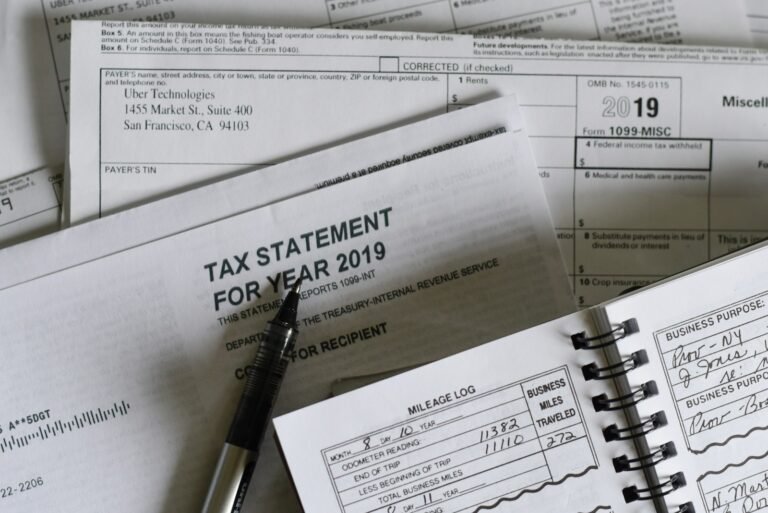
BALTIMORE, MD – Maryland Attorney General Anthony G. Brown announced today the first settlement by the state’s Civil Rights Division addressing discriminatory tenant screening practices. The agreement with Baltimore-based American Management II, LLC resolves concerns over the company’s previous policy that automatically barred rental applicants with felony convictions.
The Civil Rights Division became aware of the issue after a local tenants’ rights group flagged language in the company’s rental applications stating that applicants “must not have a record of a felony conviction.” Such blanket bans disproportionately harm communities of color and can perpetuate housing instability for formerly incarcerated individuals.
After being notified, American Management immediately removed the exclusionary language and collaborated with the Attorney General’s Office to revise its screening process. Under the settlement, the company has agreed to:
- Replace blanket bans with individualized assessments, considering factors like the nature of the offense and time passed.
- Waive application fees for individuals with felony convictions for two years.
- Pay $25,000 in civil penalties. A Step Toward Fairer Housing Practices
Attorney General Brown emphasized that automatic denials based on criminal records deepen racial inequities and ignore rehabilitation.
“A felony record shouldn’t be a lifetime barrier to housing,” Brown said. “Policies that consider the full picture—like the offense and how long ago it occurred—help break cycles of disadvantage while still letting landlords make informed decisions.”
Advocates praised the agreement as a model for fair chance housing reforms. Similar policies have gained traction nationwide, with some states and cities banning blanket criminal-record exclusions in rentals.
The Civil Rights Division encourages Maryland residents to report discriminatory practices via its complaint portal or hotline.
For more details, contact the Office of the Attorney General’s Civil Rights Division at (410) 576-6300 or visit www.marylandattorneygeneral.gov.
This settlement underscores Maryland’s commitment to equitable housing access and reducing systemic barriers for justice-impacted individuals.



